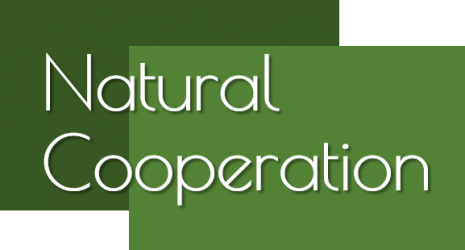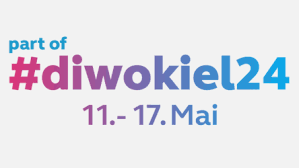Hier finden Sie meine wissenschaftlichen Publikationen und Berichte über meine Arbeit in der Presse.
Letzte Workshops und Vorträge
Die 67. Sylter Woche
Was für ein Erlebnis. Ich möchte mich ganz herzlich bei allen Organisatoren, Verantwortlichen und der Zahnärztekammer Schleswig-Holstein für die Einladung bedanken. Den Eröffnungsvortrag „Die Kunst (k)ein Egoist zu sein – Wie entsteht Kooperation in einer Welt von Egoisten?“ vor einer solch imposanten Kulisse zu halten ist auch für mich nicht alltäglich und das tolle Feedback hat mich sehr gefreut.
Die Sylter Woche ist ein großartig organisierter Fortbildungskongress und es war mir eine wirkliche Freude ein Teil der 67. Sylter Woche zu sein.
https://sylterwoche.de/
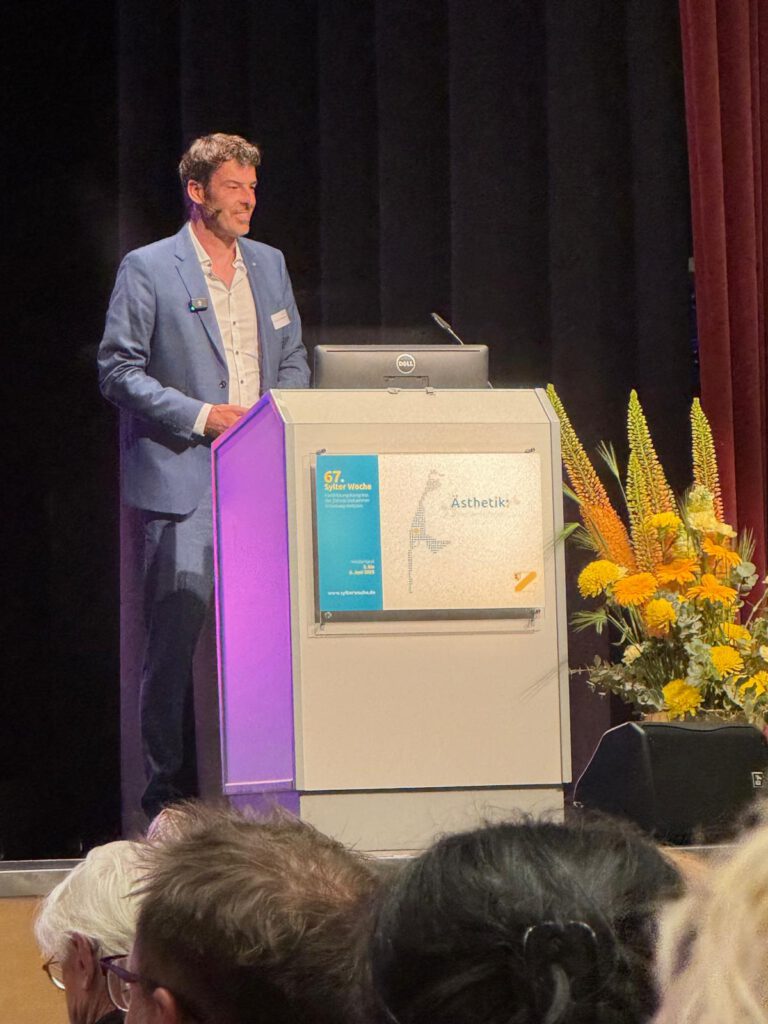
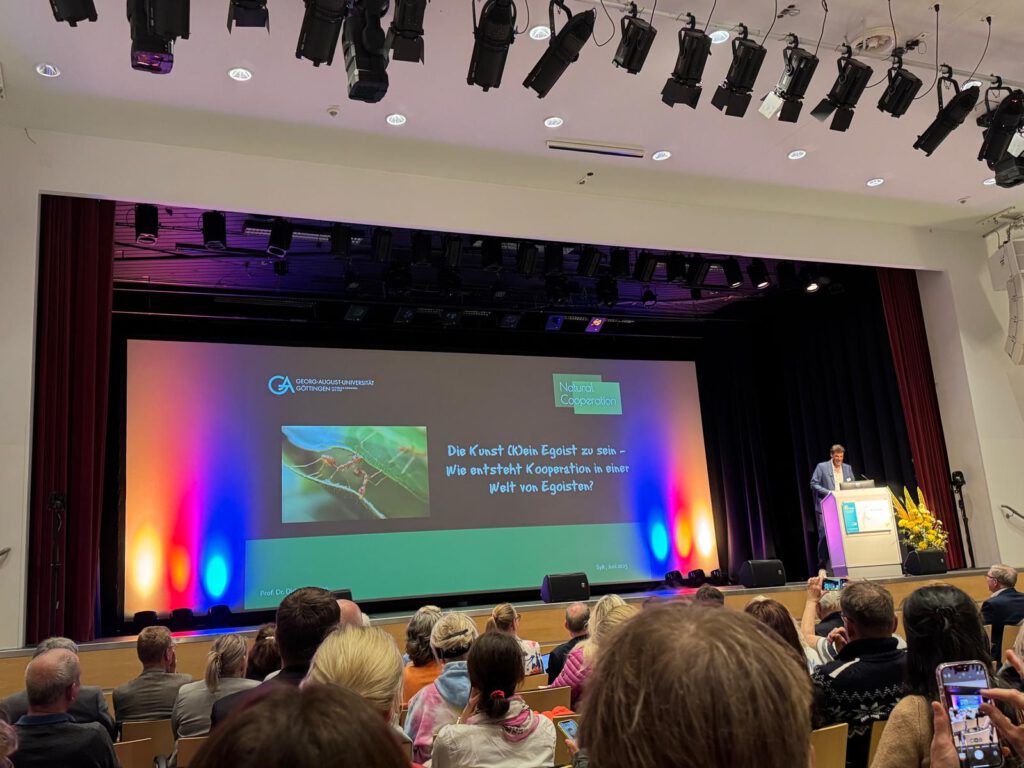
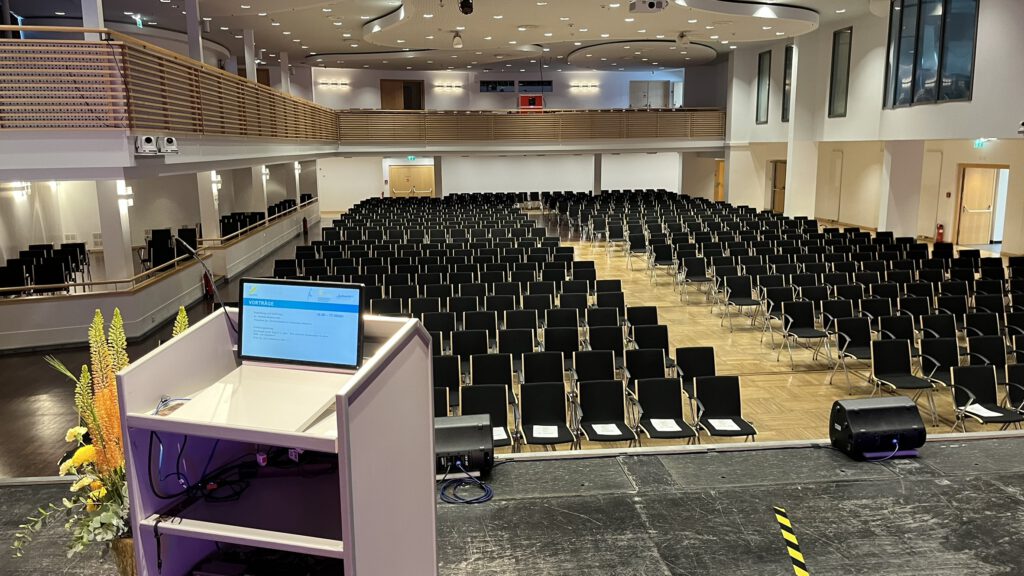
IHK zu Kiel

Digitale Woche 2024
Vielen Dank an alle die diese tolle Woche organisiert haben. Es war ein tolles Erlebnis.
Vergangene Vorträge
Hugo Hamann Veranstaltungreihe
Immer Ärger in der Büroküche – Survival of the dirties (Hugo Hamann Kiel Oktober 2024, Heinrich Hünicke Lübeck Oktober 2024 & Jacob Erichsen Flensburg September 2024)
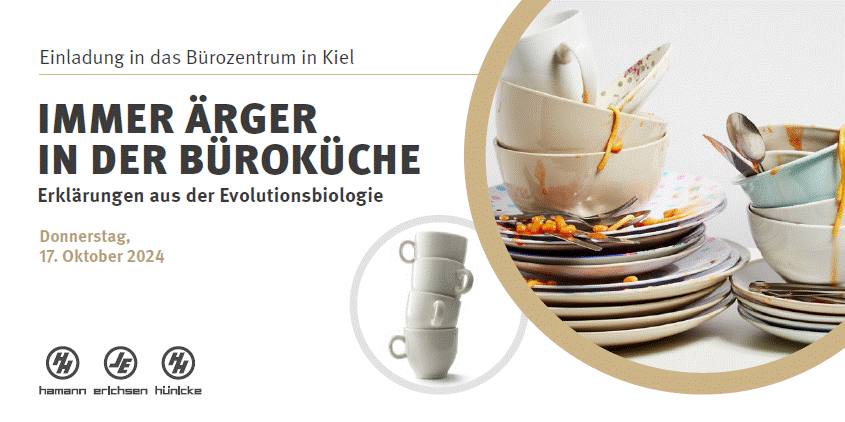
Human cooperation: so crucial, so fragile (Schools beyond boarder Oktober 2024)
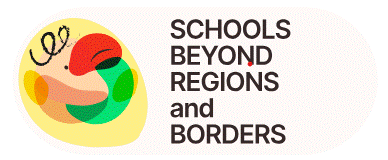
Lions Club Kiel September 2024
Rotary Club Eckernförde Januar 2024
Kreisverein Zahnärzte Rendsburg Dezember 2023
Social networks and human cooperative behavior (Institut für Translationale Psychiatrie November 2023)
Onlinevorträge
https://vimeo.com/456102736 (Digitale Woche 2021, Mann muss bei vimeo angemeldet sein um dieses Video ansehen zu können)
Wissenschaft
Milinski, Manfred; Semmann, Dirk; Marotzke, Jochem (2020): The economic interaction between climate change mitigation, climate migration, and poverty. In Nature Climate Change 10, pp. 518-525.
Milinski, Manfred; Hilbe, Christian; Semmann, Dirk; Sommerfeld, Ralf; Marotzke, Jochem (2016): Humans choose representatives who enforce cooperation in social dilemmas through extortion. In Nature communications 7, p. 10915.
Hahn, Tim; Notebaert, Karolien; Anderl, Christine; Reicherts, Philipp; Wieser, Matthias; Kopf, Juliane et al. (2015): Reliance on functional resting-state network for stable task control predicts behavioral tendency for cooperation. In NeuroImage 118, pp. 231–236.
Bednarik, Peter; Fehl, Katrin; Semmann, Dirk (2014): Costs for switching partners reduce network dynamics but not cooperative behaviour. In Proceedings of the Royal Society of London B: Biological Sciences 281 (1792), p. 20141661.
Grujić, Jelena; Gracia-Lázaro, Carlos; Milinski, Manfred; Semmann, Dirk; Traulsen, Arne; Cuesta, José A. et al. (2014): A comparative analysis of spatial Prisoner’s Dilemma experiments: Conditional cooperation and payoff irrelevance. In Scientific reports 4, p. 4615.
Semmann, Dirk; Capelle, Tessa; Russell, Yvan I. (2013): A rabbit’s tail: conspicuous rump patch causes predator confusion.
Grujić, Jelena; Röhl, Torsten; Semmann, Dirk; Milinski, Manfred; Traulsen, Arne (2012): Consistent strategy updating in spatial and non-spatial behavioral experiments does not promote cooperation in social networks. In PLoS One 7 (11), e47718.
Fehl, Katrin; Sommerfeld, Ralf D.; Semmann, Dirk; Krambeck, Hans-Jürgen; Milinski, Manfred (2012): I dare you to punish me—vendettas in games of cooperation. In PLoS One 7 (9), e45093.
Semmann, Dirk (2012): Conditional cooperation can hinder network reciprocity. In Proceedings of the National Academy of Sciences 109 (32), pp. 12846–12847.
Fehl, Katrin; van der Post, Daniel J; Semmann, Dirk (2011): Co-evolution of behaviour and social network structure promotes human cooperation. In Ecology letters 14 (6), pp. 546–551.
van der Post, Daniel J; Semmann, Dirk (2011a): Local orientation and the evolution of foraging: Changes in decision making can eliminate evolutionary trade-offs. In PLoS computational biology 7 (10), e1002186.
van der Post, Daniel J; Semmann, Dirk (2011b): Patch depletion, niche structuring and the evolution of co-operative foraging. In BMC Evolutionary Biology 11 (1), p. 335.
Melis, Alicia P.; Semmann, Dirk (2010): How is human cooperation different? In Philosophical Transactions of the Royal Society B: Biological Sciences 365 (1553), pp. 2663–2674.
Traulsen, Arne; Semmann, Dirk; Sommerfeld, Ralf D.; Krambeck, Hans-Jürgen; Milinski, Manfred (2010): Human strategy updating in evolutionary games. In Proceedings of the National Academy of Sciences 107 (7), pp. 2962–2966.
Sommerfeld, Ralf D.; Krambeck, Hans-Jürgen; Semmann, Dirk; Milinski, Manfred (2007): Gossip as an alternative for direct observation in games of indirect reciprocity. In Proceedings of the National Academy of Sciences 104 (44), pp. 17435–17440.
Milinski, Manfred; Semmann, Dirk; Krambeck, Hans-Jürgen; Marotzke, Jochem (2006): Stabilizing the Earth’s climate is not a losing game: Supporting evidence from public goods experiments. In Proceedings of the National Academy of Sciences of the United States of America 103 (11), pp. 3994–3998.
Semmann, Dirk; Krambeck, Hans-Jürgen; Milinski, Manfred (2005): Reputation is valuable within and outside one’s own social group. In Behavioral Ecology and Sociobiology 57 (6), pp. 611–616.
Semmann, Dirk; Krambeck, Hans-Jürgen; Milinski, Manfred (2004): Strategic investment in reputation. In Behavioral Ecology and Sociobiology 56 (3), pp. 248–252.
Semmann, Dirk; Krambeck, Hans-Jürgen; Milinski, Manfred (2003): Volunteering leads to rock‐paper‐scissors dynamics in a public goods game. In Nature 425 (6956), p. 390.
Semmann, Dirk: Human cooperative behavior (2003). Christian-Albrechts Universität Kiel.
Milinski, Manfred; Semmann, Dirk; Krambeck, H. (2002a): Donors to charity gain in both indirect reciprocity and political reputation. In Proceedings of the Royal Society of London B: Biological Sciences 269 (1494), pp. 881–883.
Milinski, Manfred; Semmann, Dirk; Krambeck, Hans-Jürgen (2002b): Reputation helps solve the ‘tragedy of the commons’. In Nature 415 (6870), p. 424.
Milinski, Manfred; Semmann, Dirk; Bakker, Theo C. M.; Krambeck, Hans-Jürgen (2001): Cooperation through indirect reciprocity: image scoring or standing strategy? In Proceedings of the Royal Society of London B: Biological Sciences 268 (1484), pp. 2495–2501.
Semmann, Dirk; Parzefall, Jakob; Milinski, Manfred (2001): Versuche zur Kooperation durch indirekte Reziprozität. Universität Hamburg.
Presse
Trotz aller Unterschiede sind wir eine Menschheit – Symposium Kortizes (Humanistischer Pressedienst 2023)
Streiten für den Zusammenhalt: Studie zeigt Verlauf von Fehden (Abitur und Studium 2012)
Göttinger Wissenschaftler untersuchen Selbstorganisation in sozialen Netzwerken (Extrem News 2011)
Wer hilft, dem wird geholfen: Ist der Mensch ein
geborener Altruist? Mit spielerischen Experimenten ergründen Forscher die
Biologie der Nächstenliebe: Selbstlos verhält sich offenbar nur, wer durch eine
gute Tat seinen guten Ruf fördert. Kooperation kann sogar zu einer Triebfeder
der Evolution werden. (Spiegel,
Dez. 2010)
Die Mechanismen der Kooperation: Portrait Prof. Dr. Dirk Semmann. (Universität Göttingen,
2009)
Aussteiger machen Egoisten kooperativ Pressemitteilung (Max Planck Gesellschaft 2003)
Evolution des
Gutmenschen. (Der Spiegel,
2002) Auge
um Auge gegenseitig bestrafen: Die Evolution der Fehde Fühlt
sich jemand zu Unrecht bestraft und rächt sich, dann ist der Weg zur Fehde
nicht mehr weit. Evolutionsbiologen haben aber ein theoretisches Problem mit
diesem allzu menschlichen Verhalten. Radiointerview von und mit Jakob Epler,
mit Dr. Katrin Fehl und Prof. Dr. D. Semmann. (Deutschlandfunk, Nov. 2012)
Most vendettas come from within a group. (The British
Psychological Society, Okt. 2012)
An eye for an eye, a tooth for a tooth: The majority of vendettas
originate within a group. (Pressemitteilung Max-Planck-Gesellschaft, Okt. 2012)
Mechanismen von Strafe und Bestrafung: Studie von Göttinger
Verhaltensbiologen. (Göttinger Tageblatt, 20. Sep. 2012)
Streiten für den Zusammenhalt: Studie zeigt Verlauf von Fehden:
Göttinger Wissenschaftler untersuchen Mechanismen von Bestrafung und Rache. (Pressemittteilung,
Sep. 2012)
Kooperation – Wie entsteht Kooperation in einer Welt von Egoisten?
Videomitschnitt des öffentlichen Vortrags von Prof. Dr. Dirk Semmann. (Universität Göttingen,
Nov. 2011)
Wer nicht kooperiert, wird ausgegrenzt: Göttinger Wissenschaftler
untersuchen Selbstorganisation in sozialen Netzwerken. (Pressemittteilung, April 2011)
Why rabbits have fluffy white tails. Brought by the science and technology
podcast Babbage of The Economist (see min 9:40). (The Economist, Aug. 2013)
Wozu der Hase seine Lampe braucht. Deutscher Evolutionsbiologe führt
Experiment durch und schließt daraus: Auffälliger Farbfleck erhöht
Überlebenschancen. (Der Standard,
Österreich, Aug. 2013)
Why rabbits have white tails: Semmann’s research suggests that these
spots actually confuse predators because of their very noticeable nature. (NATURE NEWS
BLOG, Aug. 2013)
How the rabbit got its cotton-white tail: While it might look like a
painted-on target that cries, „Eat Me,“ once the chase is on, that
same tail could help befuddle hunters – foxes, owls, bobcats, hawks or snakes –
who get too close, new research suggests. (NBC News, Aug. 2013)

